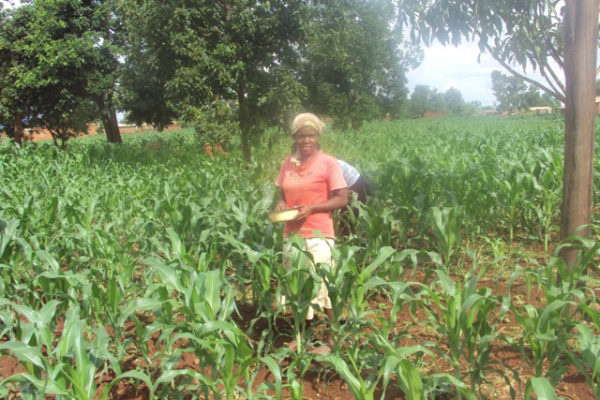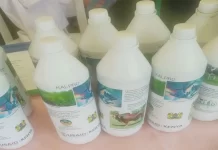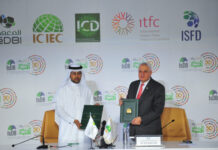The United Nations (UN) says it welcomes the donation of 260 000 metric tonnes of fertiliser from Russian producers stored in the European ports and warehouses, which will serve to alleviate humanitarian needs and prevent catastrophic crop loss in Africa, where it is currently planting season.
The UN spokesperson for the Secretary-General Stéphane Dujarric, said the first shipment of 20 000 metric tonnes (MT) of fertiliser left the Netherlands on a World Food Programme (WFP)-chartered vessel, MV Greenwich, on Tuesday, destined for Malawi via Mozambique.
“It will be the first of a series of shipments of fertilizer destined for a number of other countries on the African continent in the coming months,” he said.
“This fertiliser donation initiative is part of the agreements signed in Istanbul (Turkey) on 22 July to address global food insecurity, to ensure the unimpeded exports of critical food and fertilizers from Ukraine and the Russian Federation to world markets.”
“The Secretary-General (António Guterres) thanks the Governments of the Russian Federation, Malawi and the Government of the Netherlands, in close coordination with the European Union, for their willingness to enable this first critical humanitarian shipment of fertilizer by WFP for global food security.”
Dujarric said the UN was continuing intense diplomatic efforts with all parties to ensure the unimpeded exports of critical food and fertilisers from Ukraine and Russian, exempt from sanction regimes, to the world markets.
“Fertilisers play a key role in food systems, as 50% of the world population depend on agricultural products that are produced with the help of mineral fertilisers. Since 2019, fertiliser prices have increased by 250%, which has produced a “fertiliser crunch” that is pricing farmers out of production, especially smallholder farmers from the developing world.
“Nitrogen fertiliser shortages this year could result in a production loss next year of 66 million tonnes of staple crops (maize, rice and wheat), enough to feed 3.6 billion people, almost half of humanity, for a month.”
He added reconnecting fertiliser markets was a critical step to ensure global food security for 2023 and the UN will continue to make every effort, with all parties, to achieve this goal.









